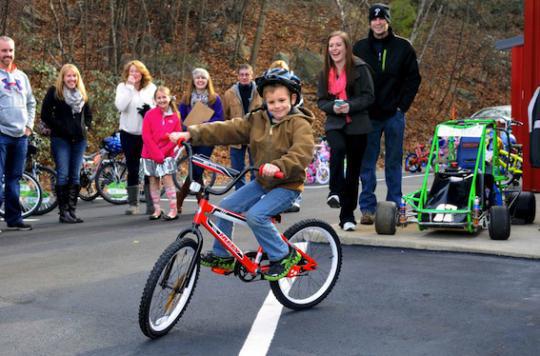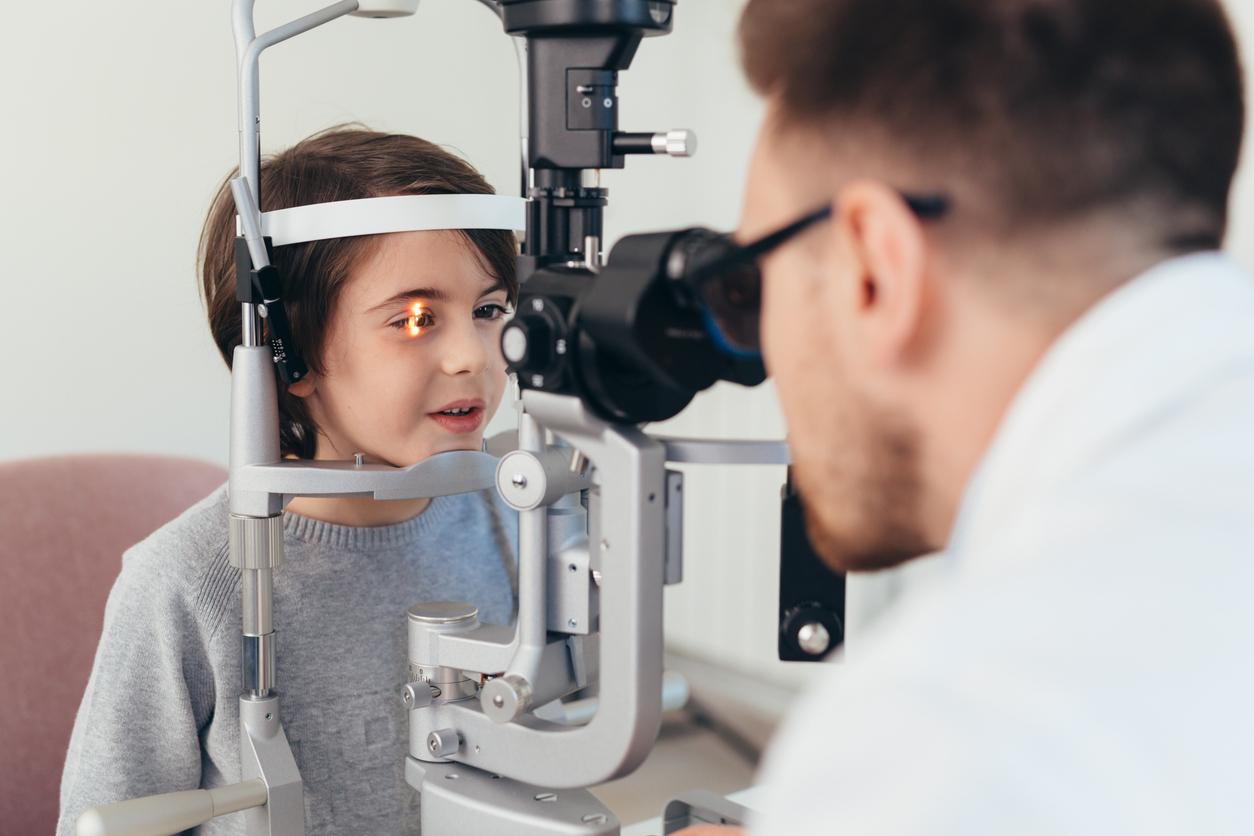Children left behind by their parents would grow up to be adults prone to anxiety and depression.

This year for Christmas, you have chosen to give him the magnificent bicycle, the image of which he had carefully cut out in his toy magazine. And on the morning of December 25, barely awake and his slippers still on his feet, he will ask you: “Daddy, are you coming to watch me ride my bike?” “. This is the most crucial moment for the child: he wants to be the center of attention.
So, dear parents, you will have to take responsibility and take him on the bike rides he has been asking for since he woke up. Because his well-being in adulthood depends on it, according to a study published soon in the newspaper Applied Developmental Science.
Researchers from the University of Notre-Dame (Indiana, United States) have indeed shown that children who are surrounded, loved and supported become adults who are comfortable in their bodies and in their minds. This parental attention is reflected in play as well as physical presence or even the response to a baby’s crying.
To reach this conclusion, Professor Darcia Narvaez’s team asked adults to describe their childhood. They were asked, for example, if they could play freely at home or outside when they were children, if they participated in family activities or if they had received affection such as hugs.
Empathy and Compassion
According to the researchers’ analyzes, those who have had very caring parents are less anxious and prone to depression. They are more empathetic than others and are more inclined to be compassionate. Conversely, adults, who were little surrounded or supported during childhood, find it difficult to put themselves in the other’s shoes and have more fragile mental health.
“Our study shows that when children do not receive the attention they need to build themselves up, they become adults with reduced moral and social capacities,” concludes psychologist Darcia Narvaez.
Toxic stress during childhood generates adults who are very responsive to stress. It’s hard to be compassionate when you’re focused on yourself. All around us we can see people who are traumatized or who have lacked attention at critical stages in their development. “
.
















